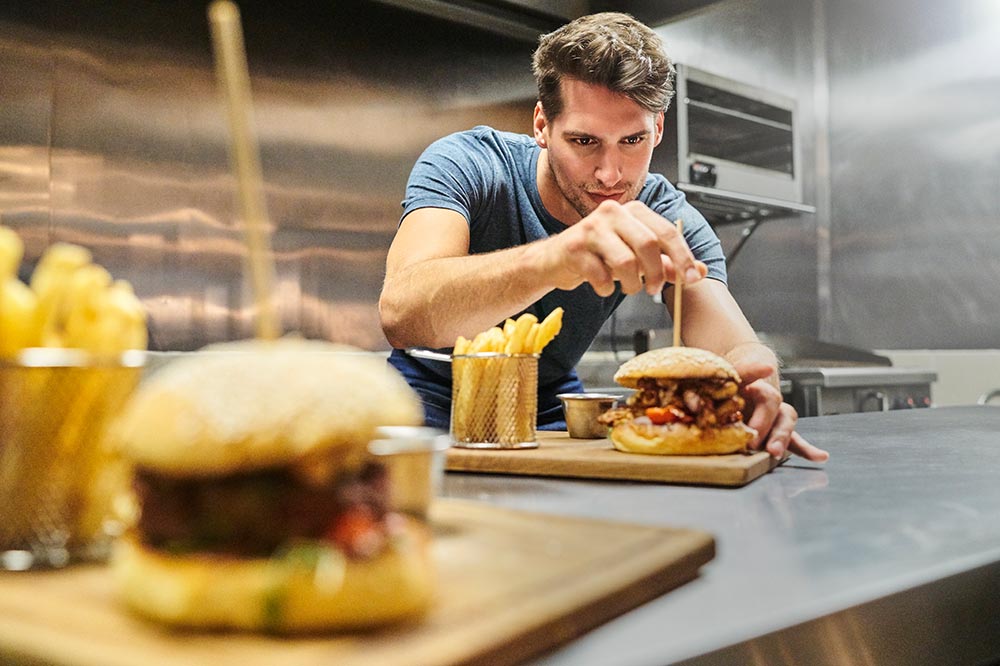Hiring is stressful — not just for the applicant but for the potential employer. And it gets even more complicated when you’re a business owner hiring chefs for your restaurant. That position, particularly the head chef, is a major factor in the success of your business, and you want to hire someone who will stick around and stay for the long haul.
The interview process when hiring chefs is a tight rope stretched between digging deep into their professional cooking experience and getting to know what they’re like as a leader. Excellence in only one of those two categories is simply not enough. And having to bounce between these two very different — but necessary — skillsets can be overwhelming when organizing the questions you plan to ask.
Here are some specific things to keep in mind when hiring chefs for your restaurant:
It’s not just about cooking …
Yes, being a good cook is a big part of being any kind of chef. But when you get up to the head of the kitchen, it can’t just be about making good food. There are plenty of non-cooking related responsibilities for a head chef.
It comes down to your bottom line, and if your head chef can’t handle food costs or get sloppy managing staff, there goes your bottom line. You want to make sure any applicants in the running know their stuff.
When hiring chefs, be sure to ask: Do you have experience expediting and performing line checks? Were you part of the menu and recipe building process in your previous positions? Do you know how to properly review supplier deliveries?
This also applies to leadership. Make sure to ask them about their past leadership positions. Have they run a back-of-house set up before?
What’s their leadership style? Give them shift scenarios where they have to delegate responsibilities or moderate a problem. Many chefs lean hard into a tough, drill sergeant style of leadership and you should know up front if that’s what you’re looking for in your kitchen. Are they going to mesh well with your front-of-house managers’ leadership styles? Are they going to mesh well with your leadership style?

… but cooking is still important.
Depending on the kitchen and how many staff members you have, your head chef might not be cooking every shift in your establishment. Their other priorities as the head of your kitchen will take up a lot of his time on a day-to-day level.
That being said, things happen. If your back-of-the-house is ever short staffed (or there’s a much busier shift than normal and the team feels overwhelmed), you should expect your head chef to be able to jump into any one of the roles in his kitchen and help out as needed. Keeping their cooking skills up to snuff should be a priority for your chef and finding out where an applicant is at on that front is a priority when hiring chefs.
Chefs need to align with your brand …
There are so many amazing chefs working today, but not all of them are going to be a good fit for your brand and restaurant concept. When hiring chefs — going through resumes and conducting interviews — keep your restaurant concept in the back of your mind and ask questions specific to your brand.
Do they like your menu’s direction? Does their culinary background fit within your cuisine? Have they worked with the type of cooking equipment you use in your kitchen now? Do you and the applicant have the same viewpoints when it comes to community building and professional philanthropic endeavors? If you offer catering, do they have experience cooking off-site and managing a catering staff?
… but they need their own voice, too.
While you and your chef should be on the same page with your brand, you still want your executive chef to have a distinct point of view. If an applicant looks at your menu and has no suggestions for how to build on what you’ve done, that’s a red flag.
Ultimately, a great chef should be ready to brainstorm with you to come up with ideas for the food. A balance between ambition for growth and respecting the brand already built up is key.

You have to sell them on your restaurant.
While you hold a lot of the power as the interviewer when hiring chefs, you’re also introducing the interviewee to their potential new workplace. As you’re asking questions and explaining the different facets of the restaurant, don’t be afraid to express why you’re proud of your business.
Let them know the kind of dynamic you’ve created for the kitchen, the quality dishes you’re serving customers, and the impact you want to bring to the community. Ultimately, you want the strongest applicants to walk away hoping they get the job so when you call them back, they don’t even hesitate in accepting your offer.
Lastly, be thorough when hiring chefs.
Don’t just contact their references — also contact previous employers on their resume. Ask them about how the applicant worked in a team setting, and how they contributed to the strength of the business. Ask if there’s anything they wish the applicant would have done better. If they’ve bounced around several restaurants over the past few years, make a point to ask their former employers why they left.
Even before the interview, it could be a good idea to ask around to your professional acquaintances in the area to see what they’ve heard about this chef. And while not a complete deal breaker, if many of the previous restaurants the chef has worked for aren’t in business anymore, that might be a red flag something is up.
Want an easy template for what to ask when hiring chefs — or any other restaurant employee? Download our free eTool “10 Interview Questions to Ask When Hiring Restaurant Staff”:






